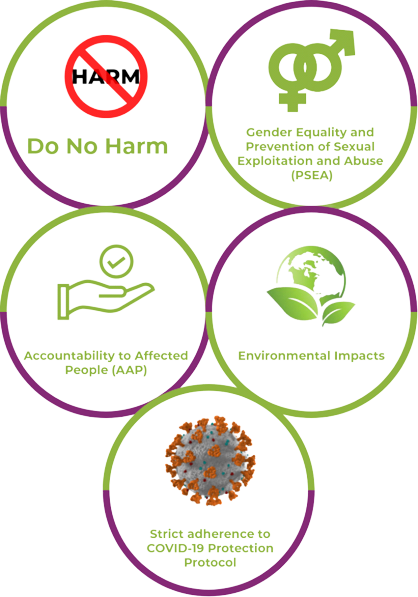Mission
Striving to meet the humanitarian and developmental needs of societies regardless of race, color, religion or cultural background.
Vision
IRDAS aspires to see people living a decent life in a safe and healthy environment

Addressing & Cross-Cutting Issues
